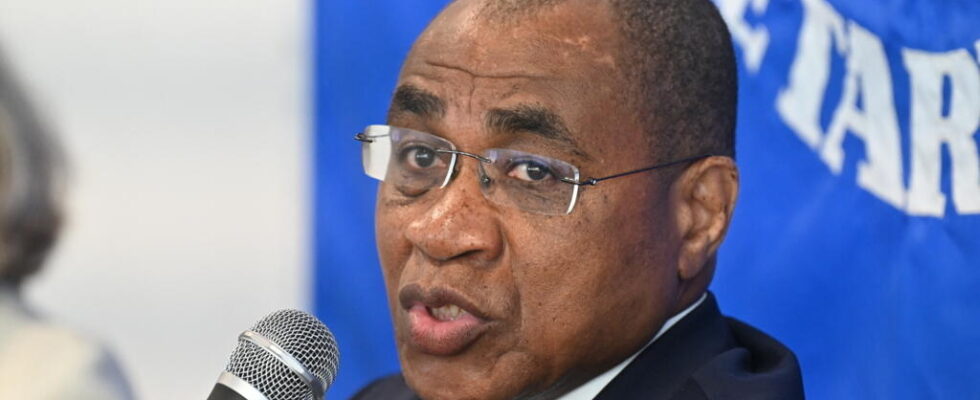Following the various shocks of recent years, the public finances of African states have been put to the test. In this context, the World Bank underlines in a report published on July 16 the need to mobilize investments and resources from the private sector.
2 min
This Tuesday, July 17, the world Bank has published its Country Policy and Institutional Assessment Report. Within this framework, 39 African countries have access to IDA, the International Development Association, a branch of the World Bank that supports low-income countries by providing them with financing in the form of grants and loans at very favorable rates. These funds are intended for essential development projects to stimulate economic growth and improve the living conditions of local populations.
Progress and governance reforms in Africa
According to the report11 countries saw their rating improved thanks to governance reforms. Among them, the Benignthe DRC, Côte d’Ivoire and Mauritania stand out for their efforts to strengthen their institutions and improve their economic policies.
Rwanda, for its part, maintains its position as the best student thanks to its ” human resources development » and in the « efficiency of revenue mobilization ” according to the World Bank.
Persistent challenges to fiscal policies
However, the ongoing conflict has significantly affected several countries, particularly the Sudanleading to a significant deterioration in its fiscal policy devastated by a year of conflictits financial sector and its business regulatory framework. Other countries such as Burkina Faso, Ethiopia, Eritrea and Mozambique also saw their ratings decrease.
While the World Bank generally rates central bank independence as a strong performer, which is crucial for controlling inflation and improving investor perceptions of risk, countries face challenges such as limited transparency and weak judicial oversight. In addition, governments must overcome fiscal constraints due to high debt servicing costs to attract more private investment and boost economic growth.
Read alsoAfrica faces the debt wall
